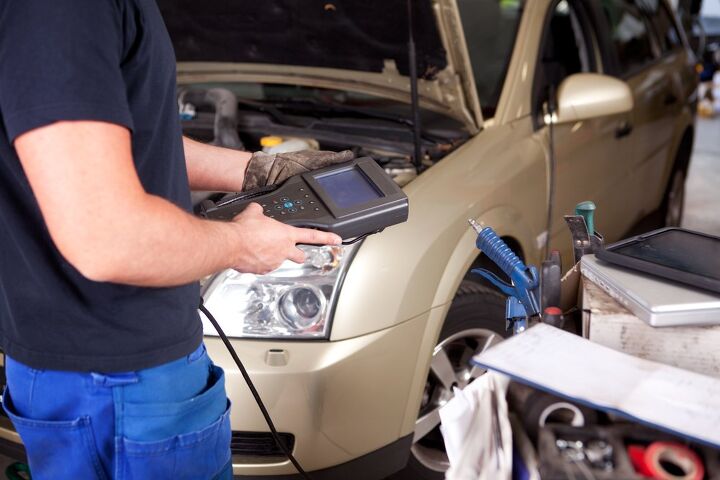#RightToRepairLaw
Consumer Advocacy Group Demands Driving Data Be Controlled by Drivers
The Global Alliance for Vehicle Data Access (GAVDA) has issued a letter to automotive manufacturers around the world to request consumers be given direct access to the data generated by the vehicles they drive. While the group is comprised of organizations representing rental agencies, car sharing, independent vehicle repair shops that also want access to the information, it’s likewise backed by several consumer advocacy groups that worry customers and small businesses are being taken advantage of.
At the core of the letter is a refutation of claims made in a June 3rd memo the Alliance for Automotive Innovation (AAI) sent to Congress. That group is an assemblage of the world’s largest industry players with an aim to monetize driving data as quickly as possible. It just so happens that the duo are diametrically opposed to how the government should handle user information.
The Hero We Need: Consumer Access to Repair Coalition
When it comes to activism, it’s best to choose your battles carefully. Fortunately, there aren’t too many causes within the auto industry and most are easy to get behind.
Even though environmental activists sometimes find themselves at odds with reality, their hearts are usually the right place, and they’ve encouraged automakers to try new and interesting things with transportation. Safety advocates can likewise go overboard, but we wouldn’t have seen cars get dramatically safer (or heavier) since the 1970s if they hadn’t.
Our favorite has to be consumer advocacy, however. With the exception of the occasional predatory lawsuit looking to take advantage of a dumb corporate decision, there’s precious little to scoff about. It also tends to overlap with our pet peeves by decrying bad business practices within the industry. Case in point, the Consumer Access to Repair Coalition has recently asked Congress to rethink how vehicular data is shared — noting that automakers shouldn’t need real-time monitoring for repairs and that the technology likely poses an unnecessary security risk.
States Begin Dealing With Driving Data, Right-to-Repair Laws
In reading this website, you’ve no doubt come across paranoid rants about automotive companies vacuuming up your personal data as connected cars become the norm — often written by yours truly. Frequently bleak, they address a multitude of concerns we believe will only get worse before they can get better.
A large part of that has to do with automakers seeing the potential of leveraging customer data, like so many tech companies have before them. But elected (and unelected) officials also seem to have a loose grasp of the technology and its potential ramifications. When the Department of Transportation initially approved self-driving vehicles for public testing, the guidelines were loose and largely dependent upon self-reporting — few wanted to stand in the way of developing systems that might someday save lives.
However, manufacturers are now beginning to issue over-the-air updates, perpetual internet connectivity, gamification, and in-car marketplaces (complete with advertisements). While the new technology has opened up new doors for customer experiences and corporate revenue, it’s accelerating at a pace that’s difficult to track. As a result, lawmakers in Massachusetts and California are starting to get antsy. The former hopes to address how data will be handled in accordance with the state’s right-to-repair laws. The latter is more directly concerned with privacy.
Tesla Doesn't Want You to Work on Its Cars
Tesla Motors has been proud to state its focus is on selling cars and not trying to make profit from their service centers — but the real world results prove otherwise.
I stumbled on a thread where a Tesla owner with a failed part was able to purchase a replacement from the EV manufacturer. However, and this is key, Tesla would not supply instructions for installing it.
Tesla’s direct sales structure and independent nature allows it to bypass almost all regulations and agreements currently in place relating to service information and repair software. These regulations and agreements exist to allow owners and independent shops to have the same information and diagnostic tools as dealers so they have the ability to perform repairs properly on their own.
Tesla wants no part of it.



















Recent Comments